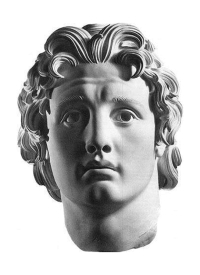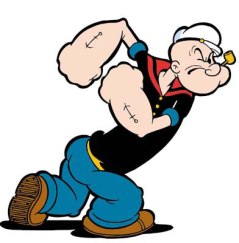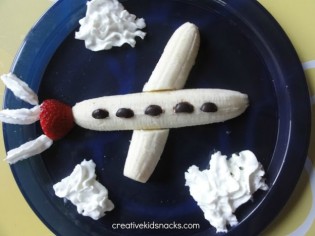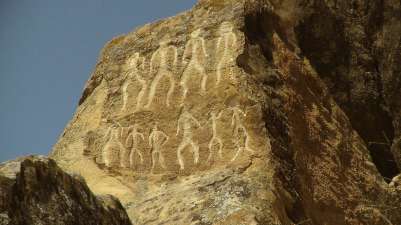
1717 Handel’s Water Music premiers, while George I sails on a boat with 50 musicians down river Thames

1955 Disneyland (California) opens
Slovakia Independence Day:
Humans have lived in Slovakia since at least 270,000 B.C.
Before the Slavic tribes arrived in the 5th century, Rome had outposts here and the Huns launched invasions into Western Europe from here. The Slavs revolted against the Huns, led by Samo.

Mojmir I
In 833 Samo’s empire combined with the Moravian Empire, which was created by Mojmir I uniting the Slavic tribes north of the Danube a couple of years earlier.
Saints Cyril and Methodius arrived in 863, inventing the earliest Slav alphabet, a predecessor of Cyrillic, so they could spread Christian texs.
King Ratislav gave the Principality of Nitra to his nephew Svatopluk, but he allied with the Franks and overthrew his uncle by way of thanks. He expanded the Moravian Empire to include most of Hungary, lower Austria, Silesia, Bohemia, Lusatia, southern Poland and northern Serbia.
His two sons became kings of Moravia and Nitra, but they quarreled and Moravia lost a lot of its territory while they were mucking about. From the 10th century, Hungary owned Slovakia.

Ferdinand I
Pressburg became Hungary’s capital in 1536, but the Ottoman wars and insurrections against the Hapsburg monarchy (Archduke Ferdinand the original, the First, was then king of Hungary and Bohemia; but he was governed by the Emperor Franz Joseph I of Austria).
Eventually, in the late 17th century, the Turks gave up, and Hungary moved the capital to Buda in 1848.
At this point there were serious uprisings against the Hapsburg monarchy, when Slovakia took Austria’s side in the hope that they would grant them independence from Hungary in return (nope).
They finally separated after WWI, when Slovakia became part of Czechoslovakia instead. Czechoslovakia was nice to its minorities, including some Germans and Hungarians who found themselves within its new borders, and kept its democracy while all around it dictators ruled.
Hitler did not like that Czechoslovakia had German-speaking people, and so both countries agreed that Nazi Germany could take the Sudetenland.
Meanwhile Hungary took back the Hungarian-speaking parts in southern and eastern Slovakia.
Then Hitler threatened to take the rest of Slovakia unless it declared independence from Czechoslovakia and allied itself with Nazi Germany.

Jozeph Tiso
Because of this alliance, under the first Slovakian Republic, 83% of Slovakian Jews were murdered. The Republic’s leader, Jozeph Tiso, was somehow persuaded to pay Hitler to do away with these Jews. Doesn’t look good, does it?
In 1944 Slovaks finally got their act together and led the Slovak National Uprising against the Nazis, and Soviet Russia and Romania liberated them from the consequent German occupation the next year. Czechoslovakia was put back together and Tiso was hanged for his part in the events.
To stop Czechoslovakia falling apart again, the Allies insisted that all Germans and Hungarians be expelled.
Czechoslovakia (I wish I didn’t have to write that word so many times) came under Soviet Russia’s Warsaw Pact, when several eastern European countries banded together to defend themselves against America during the Cold War.
In 1969, a crazy year around the whole world for big changes, Czechoslovakia became a federation of the Czech and Slovak Socialist Republics.
In 1989 peaceful protests led to the end of Communism in Czechoslovakia in what is known as the Velvet Revolution, and the federation became the independent Czech Republic and Slovakia in 1993 (this bit is sometimes called the Velvet Divorce).
Both countries cooperate with Hungary and Poland in the Visegrad Group, who help each other’s economy, military and energy.

Slovakia has a very cool landscape full of mountains and caves.

South Korea Constitution Day
Up to the beginning of the 20th century, Korea always tried to stay out of the West’s way, and so was known as the ‘Hermit Kingdom’. In 1910 Japan took Korea and ruled it by force for 35 years.
After World War II, Japan surrendered to the Allies and Korea was divided between Russia and America. North Korea was, of course, the Russian side.
Russia and America withdrew and tried to allow the two sides to govern themselves again – except the country had now been artificially divided and the North thought it should rule the South and the South thought it should rule the North.
In 1950, after North Korea had repeatedly asked Russia “Can we invade yet? Can we invade yet? Can we invade yet?”, it began the Korean War with Russian and Chinese support. America, etc., supported South Korea.
In 1953, after 2 million had died, an armistice was declared, but it was not until 2007 that both sides agreed that the war was officially over.
After that South Korea actually hasn’t done much better, in terms of being run by madmen, than North Korea. Corrupt presidents, military coups, dictators, etc… In 1979 a miltary dictator closed down the universities and the free press, and violently suppressed any protests, including torturing a student to death.
South Korea is ten times more densely populated than the global average, and 99% of the population are Korean – they even call themselves a ‘single-race society’.
A Korean instrument is the gayageum; but its music isn’t as famous as Psy’s….Their national sport is taekwondo. Popular food includes bibimbap and kimchi.
Galla Bayramy (2016, Turkmenistan celebrates wheat harvest, 3rd Sunday in July)
Also today:
- King Letsie III’s Birthday (Lesotho)



































